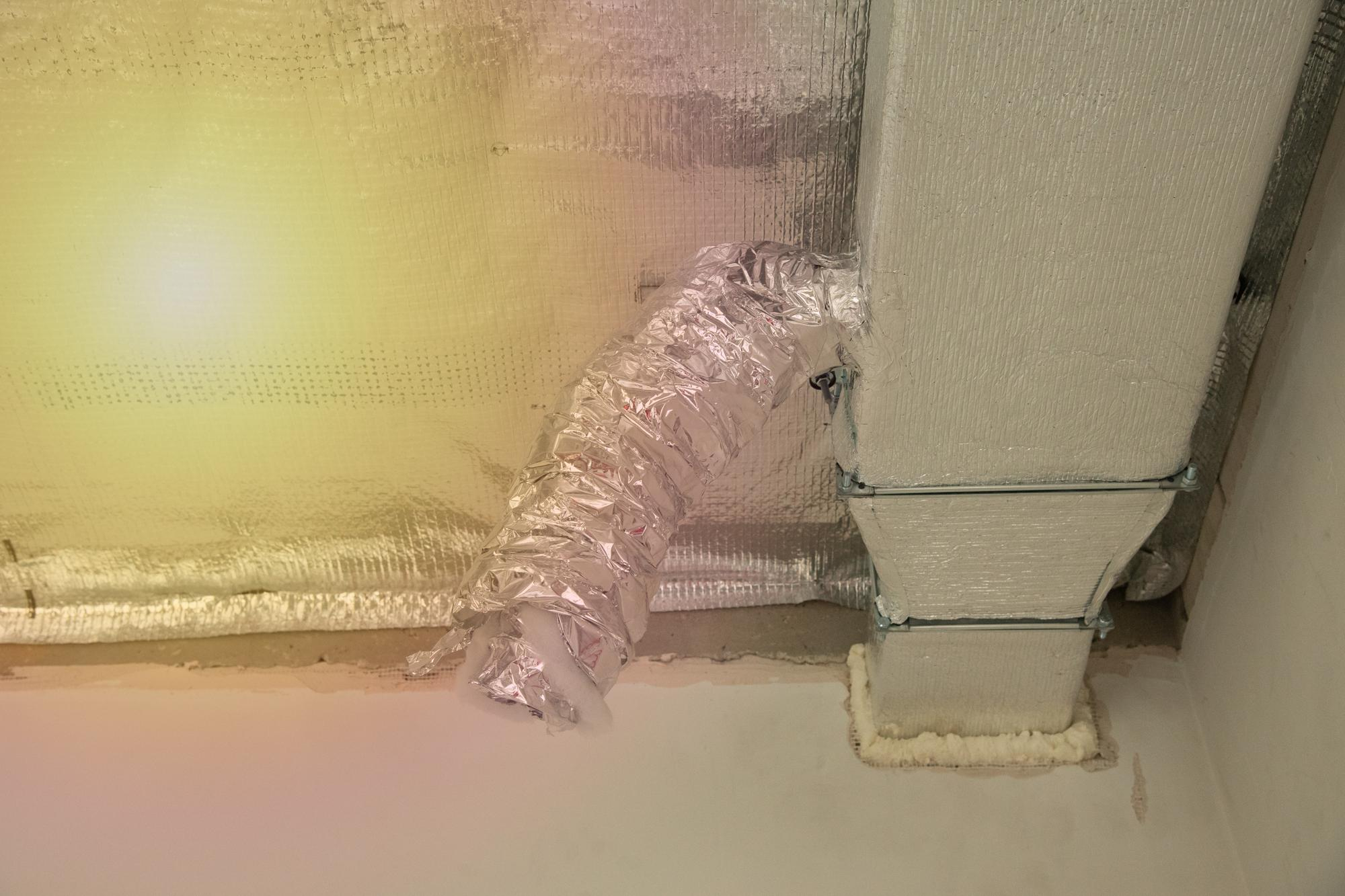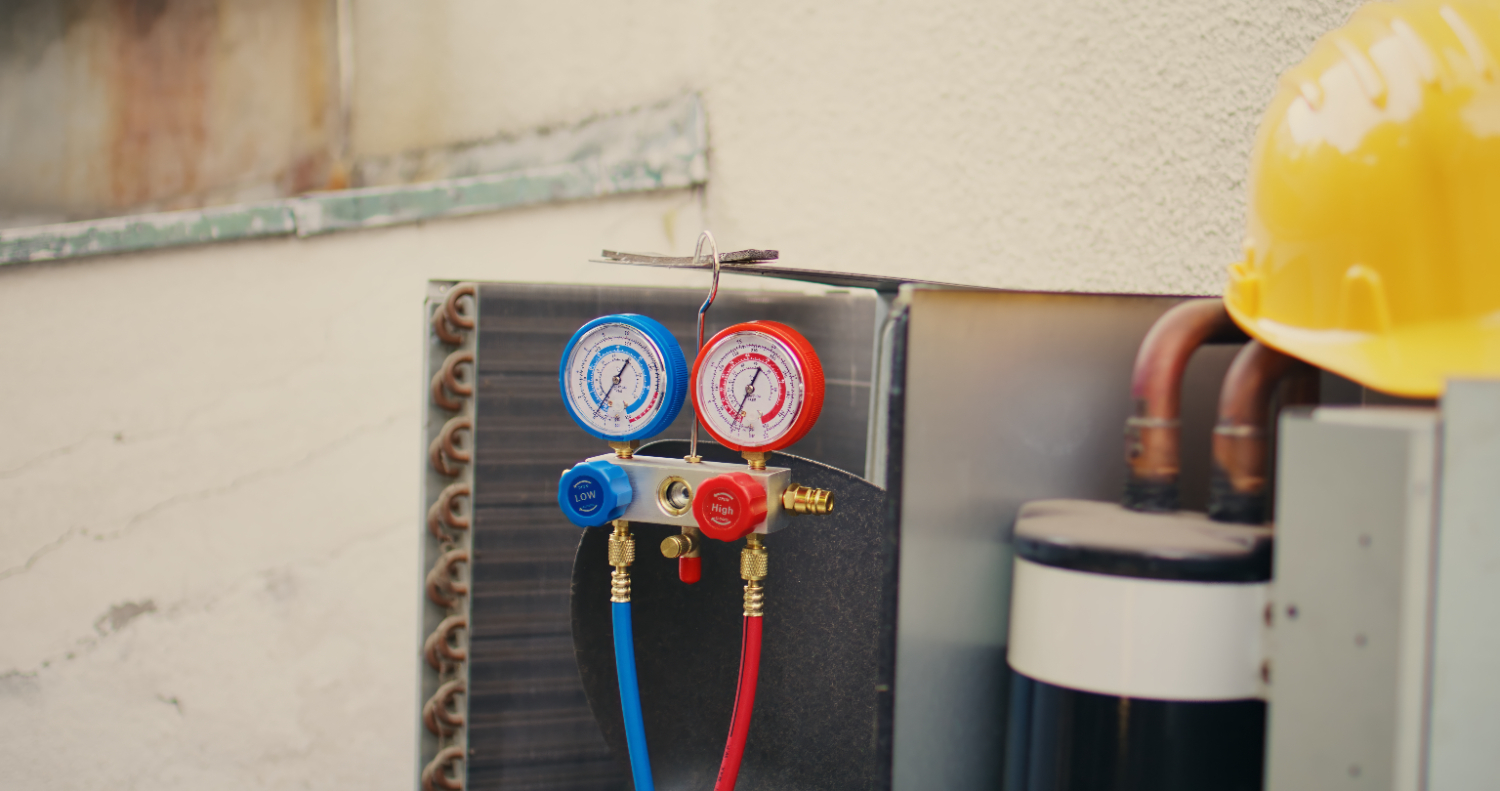Choosing the right air conditioning system for your home is crucial for comfort and efficiency. Two popular options are ductless AC systems and central air systems. Each has its own set of advantages and considerations, making it essential to understand how they work and what they offer. By exploring the differences between these two cooling solutions, you can make an informed decision that best fits your needs.
Understanding the key features and operation of both ductless AC and central air systems helps you weigh the pros and cons of each. Whether you need the flexibility of a ductless system or the comprehensive cooling power of central air, choosing the right system is essential for maintaining a comfortable living environment.
Understanding Ductless AC Systems
Ductless AC systems, also known as mini-split systems, provide a versatile and efficient solution for cooling specific areas in your home. These systems consist of two main components: an outdoor compressor unit and one or more indoor air-handling units. These units are connected by a conduit that houses the power cables, refrigerant tubing, suction tubing, and a condensate drain.
- Flexibility: Since they do not rely on ductwork, they are ideal for homes without existing ducts or for adding cooling to individual rooms. Installation is relatively straightforward and less invasive compared to central air systems. Our professionals can mount the indoor units on walls or ceilings, and the outdoor unit can be placed nearby, minimizing disruptions.
- Zone Cooling: Each indoor unit operates independently, allowing you to set different temperatures for different areas. This level of control helps conserve energy by cooling only the rooms that are in use. The efficiency of ductless systems contributes to lower energy bills, making them a cost-effective option for many homeowners.
- Quiet Operation: The indoor units are designed to operate quietly, creating a comfortable environment without the noise associated with traditional central air systems. This makes them an excellent choice for bedrooms, home offices, and other areas where noise levels matter.
Understanding Central Air Systems
Central air systems are a traditional and widely used method for cooling entire homes. These systems use a network of ducts to distribute cooled air from a central unit to various rooms. The main components of a central air system include the outdoor compressor, the indoor evaporator coil, and the ductwork that carries the cooled air throughout the house.
- Consistent Cooling: By using a single unit to cool all rooms, central air systems maintain a uniform temperature, ensuring comfort throughout the house. This makes central air an ideal choice for larger homes or homes with existing ductwork.
- Convenience: By using the same ductwork for both heating and cooling, central air systems provide year-round comfort. Our professionals can help you design a system that seamlessly integrates with your current setup, ensuring efficient operation and consistent climate control.
However, central air systems do come with certain considerations. Installation can be more complex and invasive, especially if ductwork needs to be added or modified. This might require more time and investment compared to installing a ductless system. Regular maintenance is also essential to ensure the ducts remain clean and free of obstructions, maintaining the system’s efficiency and air quality.
Key Differences Between Ductless AC and Central Air
When comparing ductless AC systems and central air systems, several key differences stand out. Understanding these differences will help you make an informed decision based on your specific needs and circumstances.
- Installation: Ductless AC systems require minimal installation compared to central air systems. Installing ductless units involves mounting the indoor units and running a conduit to the outdoor unit. This process is relatively quick and less invasive. In contrast, central air systems often require extensive ductwork installation or modification, which can be more time-consuming and costly. If your home lacks existing ductwork, opting for a ductless system can save you both time and money.
- Energy Efficiency: Ductless AC systems typically offer greater energy efficiency due to their zone cooling capabilities. By cooling only the rooms in use, you can reduce energy consumption and lower your utility bills. Central air systems, on the other hand, cool the entire home, which might result in higher energy usage, especially in larger homes. However, central air systems can still be efficient if the ductwork is well-maintained and the system is regularly serviced.
- Temperature Control: One of the significant advantages of ductless AC systems is the ability to control the temperature in individual rooms or zones. Each indoor unit operates independently, allowing you to set different temperatures according to your preferences. Central air systems provide uniform cooling throughout the entire home, which doesn’t allow for individual room temperature adjustments. This can be less convenient if you desire different temperatures in different areas of your home.
- Aesthetics and Space: Ductless AC units are compact and can be mounted on walls or ceilings, preserving floor space. Their sleek design allows them to blend seamlessly into the interior decor. Central air systems, conversely, require space for ductwork, which might limit design flexibility. The indoor unit of a central air system is usually installed in an attic, basement, or utility room, which occupies a more significant area than ductless units.
By understanding these key differences, you can better evaluate which system aligns with your needs, preferences, and home setup.
Choosing the Right System for Your Home
Selecting the right air conditioning system for your home requires careful consideration of various factors. Each home is unique, and what works for one may not be ideal for another. Here are some essential points to consider when making your decision.
- Home Layout and Existing Infrastructure: Evaluate your home’s layout and existing infrastructure. If your home already has ductwork installed, a central air system might be the most straightforward and cost-effective option. For homes without ductwork, a ductless AC system can provide an efficient cooling solution without the need for extensive modifications.
- Cooling Needs: Assess your specific cooling needs. If you require cooling for specific rooms or zones rather than the entire home, a ductless AC system offers greater flexibility and control. Ductless systems allow you to prioritize comfort in frequently used areas, potentially saving on energy costs. Conversely, if you need consistent cooling throughout the whole house, a central air system may be more suitable.
- Budget: Consider your budget for installation and ongoing maintenance. Ductless AC systems generally have lower installation costs due to the absence of ductwork. They also tend to be more energy-efficient, potentially reducing long-term operating expenses. While central air systems might have higher upfront costs, they offer comprehensive cooling and can be more cost-effective if your home already has functional ductwork.
- Aesthetic Preferences: Think about your aesthetic preferences and how the system will integrate with your home’s design. Ductless AC units are sleek and take up less space, making them a good fit for modern homes. Central air systems, while more obtrusive during installation, provide an invisible solution once ductwork is in place.
- Professional Advice: Consulting with our professionals can provide valuable insights tailored to your specific situation. Our technicians can assess your home, discuss your preferences, and recommend the most suitable cooling solution. They can also estimate the installation costs and advise on potential energy savings.
Taking the time to weigh these factors carefully will help you select the air conditioning system that best meets your needs, ensuring a comfortable living environment for years to come.
Conclusion
Deciding between a ductless AC system and a central air system depends on various factors, including your home’s layout, cooling needs, budget, and aesthetic preferences. Both systems offer unique advantages and considerations that can impact your decision. Ductless AC systems provide flexibility, energy efficiency, and zoned cooling options, making them ideal for targeted comfort. Central air systems, on the other hand, offer uniform cooling throughout the home and integrate seamlessly with existing heating systems.
To ensure you make the best choice for your home, consult with our experienced professionals. Our technicians can evaluate your home’s specific requirements, offer personalized recommendations, and provide expert installation services. At Daffan Cooling & Heating, we are dedicated to helping you achieve optimal comfort and efficiency with the best air conditioning solution. Whether you need ductless AC in Aledo, TX, or a central air conditioning system, reach out to us today to discuss your cooling needs and schedule a consultation. Your comfort is our priority!









